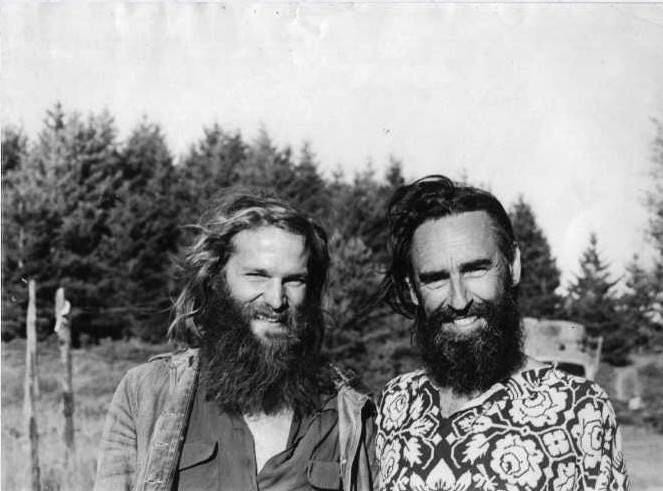Wheeler's Ranch
Wheeler's Ranch played a pivotal role in the American counterculture movement of the late 1960s and early 1970s.
Wheeler's Ranch, also known as Wheeler Ranch or Morning Star Ranch's sister commune, played a pivotal role in the American counterculture movement of the late 1960s and early 1970s. Situated in Sonoma County, California, this commune became a symbol of the back-to-the-land movement, attracting individuals and families seeking an alternative to the mainstream, consumer-driven society of the United States.
Origins
Founded by Bill Wheeler in the late 1960s, Wheeler's Ranch was inspired by the ethos of communal living and the desire to return to a simpler, more sustainable way of life. This movement was part of a broader countercultural wave that included opposition to the Vietnam War, a quest for spiritual awakening, and a rejection of materialistic values.
Wheeler's Ranch was conceived as a sanctuary for those wishing to live freely and in harmony with nature. Bill Wheeler, having been influenced by his experiences at Morning Star Ranch—another commune founded by Lou Gottlieb in Sonoma County—decided to open his property to anyone who wanted to live off the land and share in the collective experience.
Lifestyle and Beliefs
Residents of Wheeler's Ranch sought to create a self-sustaining community based on principles of peace, love, and respect for the earth. They built makeshift homes, grew their own food, and lived without many of the conveniences of modern life. The commune attracted a diverse group of individuals, including artists, musicians, and those disillusioned with the direction of American society.
The communal life at Wheeler's Ranch was characterized by its lack of structured leadership and its emphasis on individual freedom and collective responsibility. This lack of hierarchy and formal organization both contributed to the commune's appeal and posed challenges in terms of resource management and decision-making.
Legal and Social Challenges
Like many other communes of the era, Wheeler's Ranch faced legal challenges, particularly regarding land use and zoning laws. The Sonoma County authorities were not supportive of the commune's unconventional lifestyle and the makeshift buildings that dotted the landscape. There were frequent clashes with law enforcement over issues ranging from building code violations to health and safety concerns.
Despite these challenges, Wheeler's Ranch became a focal point for the counterculture movement, hosting gatherings, music festivals, and workshops that drew people from across the United States. These events embodied the era's spirit of experimentation, artistic expression, and communal joy.
Legacy
By the mid-1970s, the pressures from external legal challenges and internal dynamics began to take their toll on Wheeler's Ranch. The commune gradually disbanded, with residents moving on to other pursuits or different communities. However, the legacy of Wheeler's Ranch lives on as a symbol of the 1960s counterculture and the back-to-the-land movement. It represents a moment in American history when a significant number of people sought to live according to different values and in opposition to the prevailing social and economic norms.
The story of Wheeler's Ranch, like that of many communes from that era, offers insights into the challenges and rewards of communal living. It also reflects broader societal tensions between individual freedom and collective responsibility, between alternative lifestyles and mainstream values. Today, Wheeler's Ranch is remembered not just for its place in the history of American communes but also for its contribution to the ongoing dialogue about sustainable living, community, and the search for meaning in modern life.

